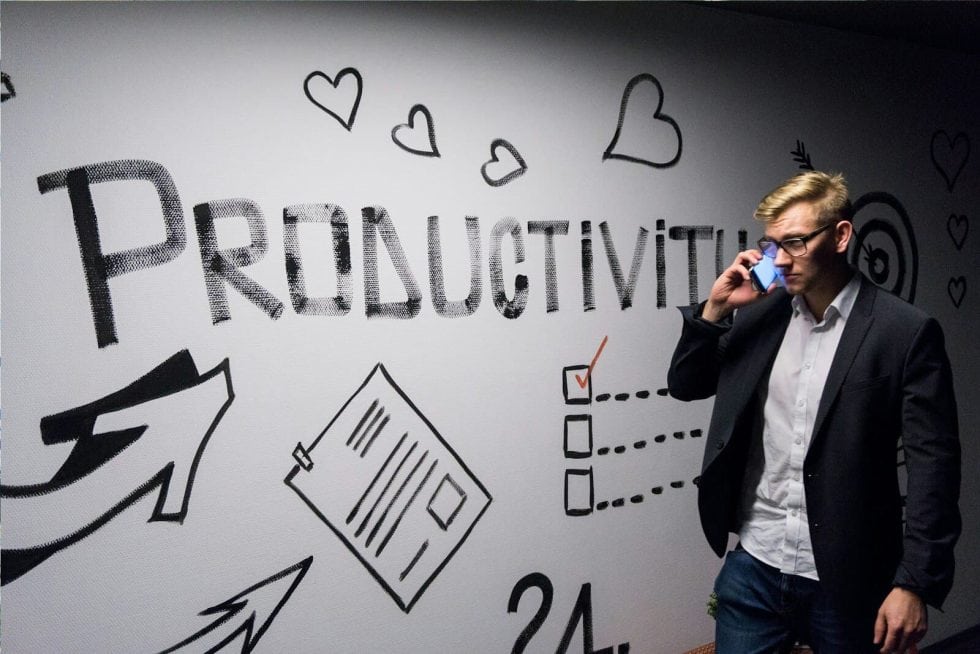In today’s fast-paced world, mastering time management is crucial. However, the idea that you can manage time itself is a myth. Time will inevitably pass, and our control lies only over how we use it. This guide will show you effective strategies to optimize your day, shatter productivity barriers, and achieve peace of mind.
How Can I Find Out Where My Time Goes?
Understanding where your time actually goes is the first step toward effective time management. A time audit can help you uncover discrepancies between how you plan to spend your time and how you actually spend it, revealing both hidden time wasters and peak productivity periods.
Steps for a Successful Time Audit:
- Set a Timer: Use a simple timer or a time-tracking app to alert you at regular intervals—every 30 minutes is typical. This method helps you capture an accurate snapshot of your day without being too intrusive.
- Record Activities: Note down what you’re doing each time the timer goes off. Be specific—for instance, note whether you are answering emails, brainstorming for a project, or scrolling through social media.
- Categorize Activities: At the end of the week, categorize the logged activities into groups like work, personal time, idle time, etc. This helps you identify where most of your time is going.
- Analyze the Data: Look for patterns to determine when you are most productive and what times you are likely distracted. Pinpoint any inefficient practices.
- Plan for Improvement: Use this analysis to make informed decisions on how to better structure your day, focusing on tasks that align with your productivity peaks.
What Are the Best Ways to Eliminate Distractions?
Distractions are a major barrier to productivity. In an era where digital interruptions are constant, controlling your environment is essential for maintaining focus.
Effective Strategies to Reduce Distractions:
- Use Blocking Apps: Tools for Windows 10/11 like website blocking Chrome/Edge Extension StayFocusd (Free) and Cold Turkey (Free for basic website blocking or $39.00 for their app to block websites, applications, and other extra features) and MacOS apps like SelfControl (Free) can help by blocking access to distracting websites and apps during work hours.
- Manage Notifications: Turn off non-essential alerts and schedule specific times to check emails and social media. This reduces the frequency of interruptions and helps you maintain deeper focus.
- Optimize Your Workspace: Create a quiet, dedicated space for work. Use noise-canceling headphones to block out distracting sounds and keep your digital workspace uncluttered by closing unnecessary tabs and applications.
How Do I Use Time Blocking to Manage My Day?
Time blocking is a powerful method of managing daily duties efficiently. It involves assigning specific blocks of time for different tasks or activities, enhancing focus and productivity.
How to Implement Time Blocking:
- Plan Your Blocks: Break your tasks into categories such as deep work, meetings, administrative duties, and breaks. Allocate specific times of the day for these tasks based on your natural productivity cycles.
- Use Digital Tools: Using tools such as Google Calendar (Free) or Outlook (Free) can help you visually organize your day and set reminders to stay on track.
- Maintain Flexibility: While it’s important to stick to your schedule, allow for some flexibility to handle interruptions or urgent tasks that may arise.
Why Should I Avoid Multitasking?
Multitasking might seem efficient, but it often decreases the quality of work and leads to mistakes. Focus on one task at a time to improve both efficiency and output quality.
Benefits of Single-Tasking:
- Increased efficiency and higher quality results from focused work.
- Reduced stress from managing one task at a time.
- Better handling of large projects by breaking them into manageable parts and focusing on one at a time.
How Can I Ensure My Time is Respected?
Value your time by being selective about what you commit to, particularly with meetings and interruptions. Use tools and strategies to guard your time and ensure that every commitment is meaningful and directly impacts your productivity.
How Do I Keep My Goals in Sight?
Always keep your long-term objectives in focus. Set clear, measurable goals and align your daily tasks with these goals. Regularly review your progress and adjust your strategies to stay on track.
Why Is It Important to Prioritize Rest?
Recognize the importance of rest for maintaining productivity. Commit to a regular sleep schedule, take scheduled breaks to avoid burnout, and fully use your vacation days to rejuvenate.
By applying these strategies, you can manage your time more effectively—not by squeezing more activities into each day, but by ensuring that you spend each hour productively. Embrace these practices to not just manage but master your time and enhance your life. For more insights, check out video Shattering the 24-Hour Myth: Real Time Management below.
